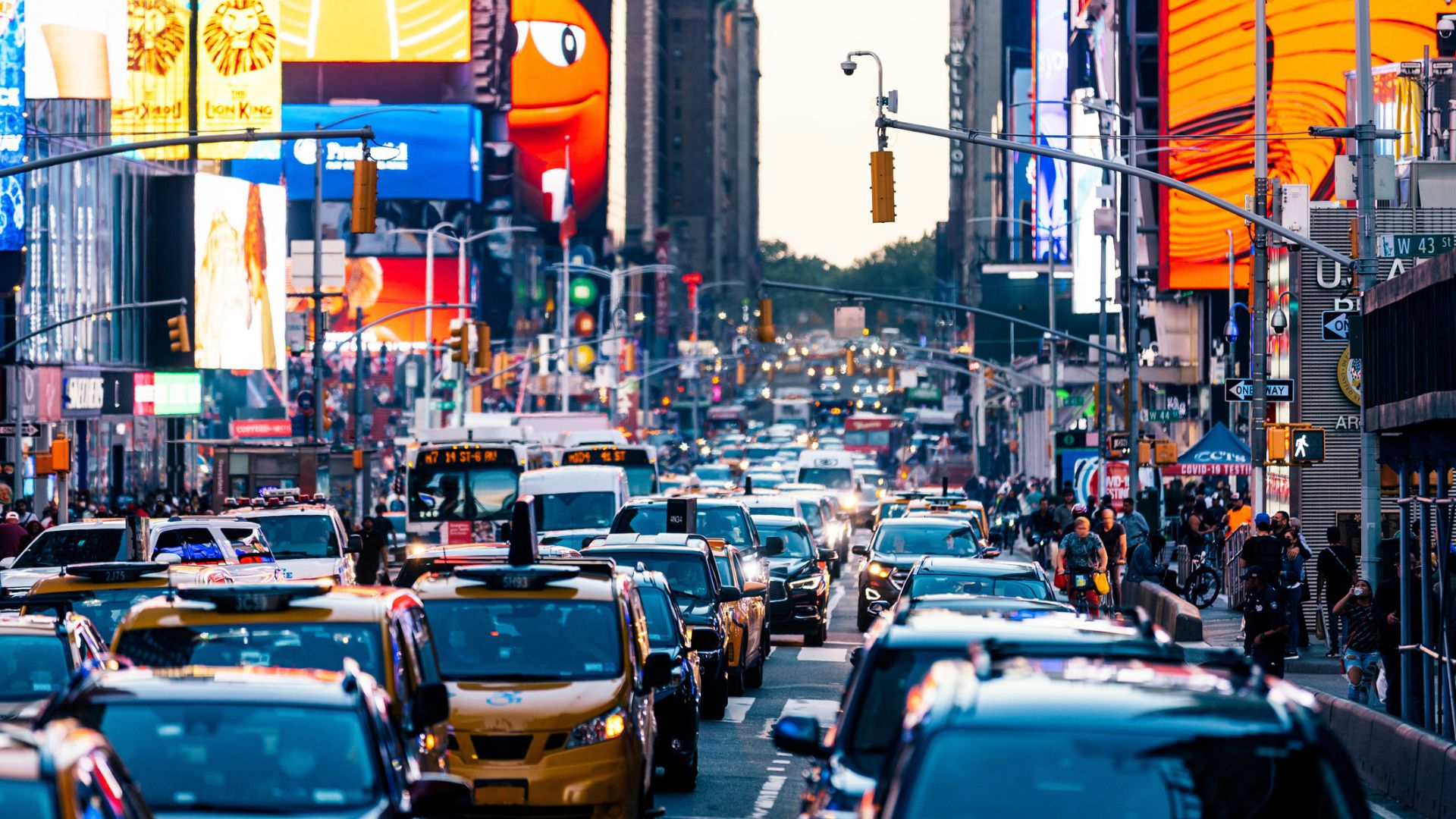

If you’ve ever worked in a retail environment in which the same playlist is spun all day long at loud volume, you understand the impact of noise pollution on your physical and mental health. I may not want to admit it, but it’s not a stretch to say that cars contribute to general noise pollution, especially in the cities. If you’re a car person, though, it might feel more like a lullaby than a nuisance. Personally, every time my neighbor fires up his black 1963 Corvette I run to the window to get a better listen.
Researchers at Rutgers’s Robert Wood Johnson Medical School in New Jersey conducted a study with 16,000 New Jersey residents to investigate the effects of noise on the body, and Streetsblog USA extrapolated the outcome. The results were perhaps unsurprising: The rate of heart attacks is 72 percent higher in urban areas with high amounts of transportation noise. On top of that, five percent of hospitalizations for heart attacks are directly traceable to noise.
Lest you think electric car makers commissioned this study, know that research on road noise goes way back. A study called “Noise and Its Effects” filed by Dr. Alice H. Suter, Administrative Conference of the United States in 1991 pointed the finger at rising populations (then increasing by one percent per year) and the narrow streets and tall buildings in cities that create a canyon effect, causing traffic noise reverberation. In 2022, population growth has recently slowed to a crawl, but we’re still holding steady at about 290 million cars on the road in America alone.

The Environmental Protection Agency calls noise “unwanted or disturbing sound, saying sound “becomes unwanted when it either interferes with normal activities such as sleeping, conversation, or disrupts or diminishes one’s quality of life.”
That includes the honk honk honnnnnnnnnk sounds of taxis in New York City that you can hear from your hotel room on the 22nd floor, a revving motorcycle (like the ones I hear racing on Capital of Texas Highway around midnight) or even the close proximity of a car going 30 or 40 miles per hour next to the sidewalk. Loud sounds set our nervous system afire, accelerating our heartbeats and releasing stress hormones.
Over time, this affects our bodies and puts us at risk for heart attacks, the study posits. The research team culled information from the MIDAS database, a repository of all cardiovascular hospitalizations in New Jersey, cross-referenced with average daily transportation noise using data from the state’s Bureau of Transportation Statistics.
“As cardiologists, we are used to thinking about many traditional risk factors such as smoking, hypertension or diabetes,” said Abel E. Moreyra, MD, professor of medicine in the Division of Cardiology at the school and the study’s lead author. “This study and others suggest maybe we should start thinking about air pollution and noise pollution as additional risk factors for cardiovascular disease.”
With all of the focus on carbon emissions and air pollution, noise has been somewhat shuffled to the side, but Dr. Moreyra says they go hand in hand.
“The question is: how much of this effect is due to particle pollution, and how much is noise?” he asked.
No one knows the answer to that quite yet, and it’s worth noting that the tone of the Streetsblog USA blog is very much anti-cars and pro-public transport. The study definitely has some caveats, too. For instance, it doesn’t take into consideration any demographic or socioeconomic differences or account for other health risks.
I must admit that I still love the pitter-patter elicited by the occasional Hellcat roar or Harley-Davidson rev. Maybe I just need to condition my heart a little more, like a loud-engine workout. Hmm. Enterpreneurs?
Got a tip? Send a note to kristin.shaw@thedrive.com.
